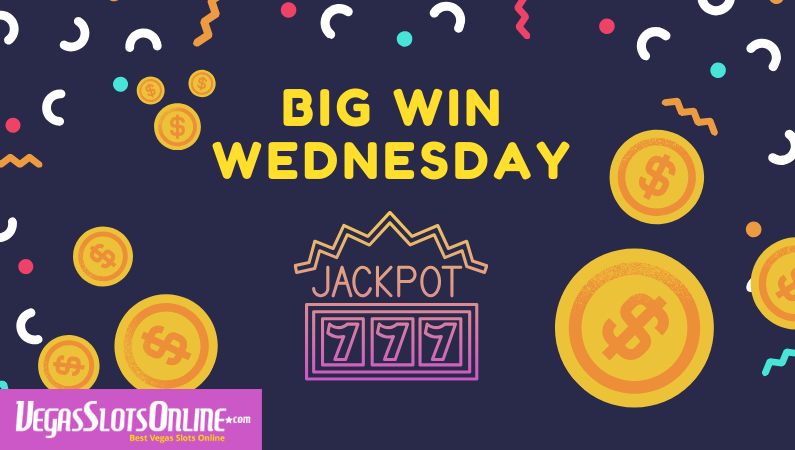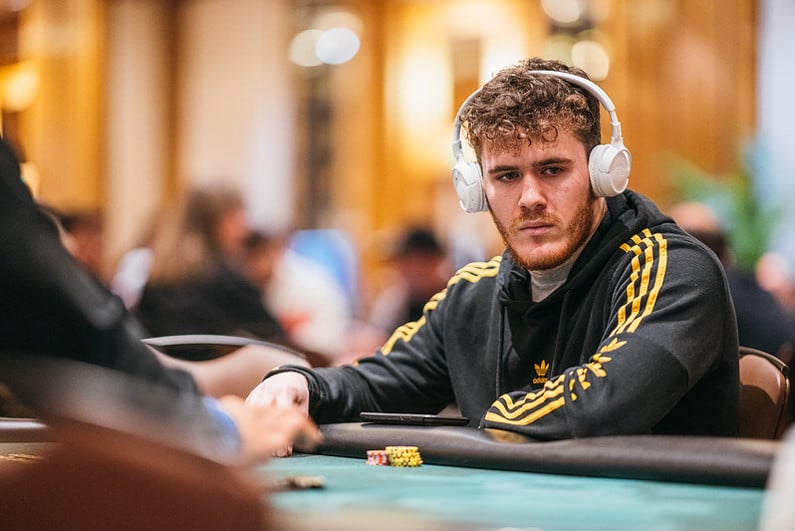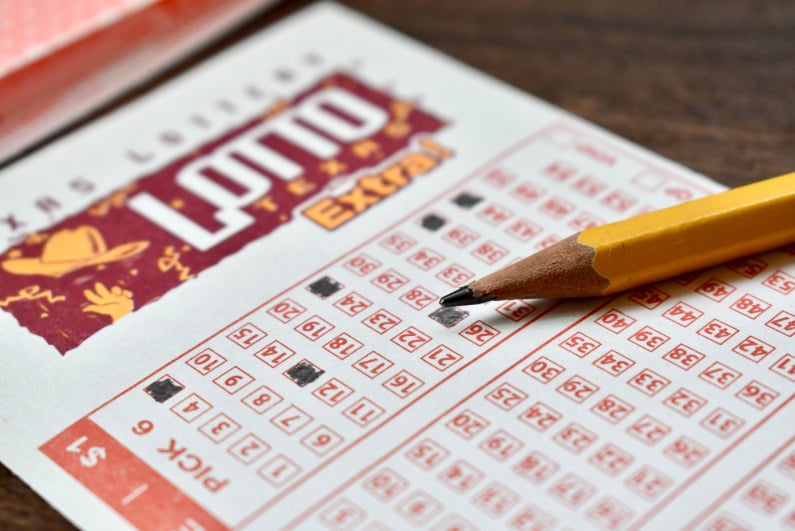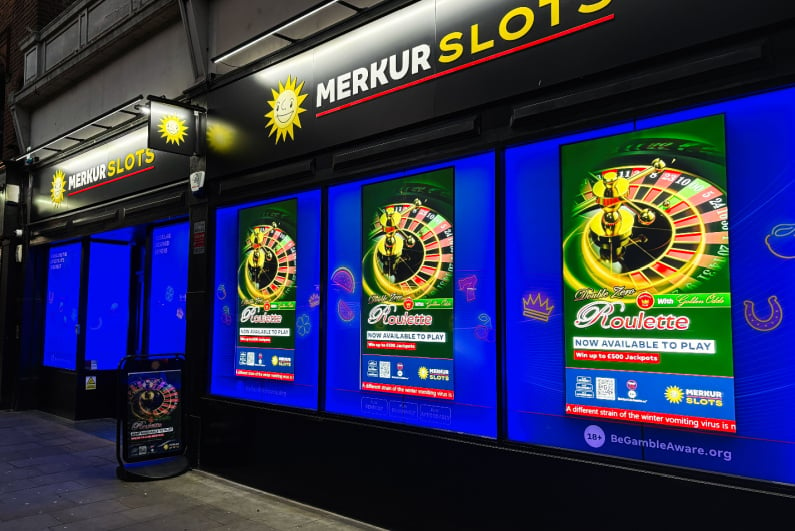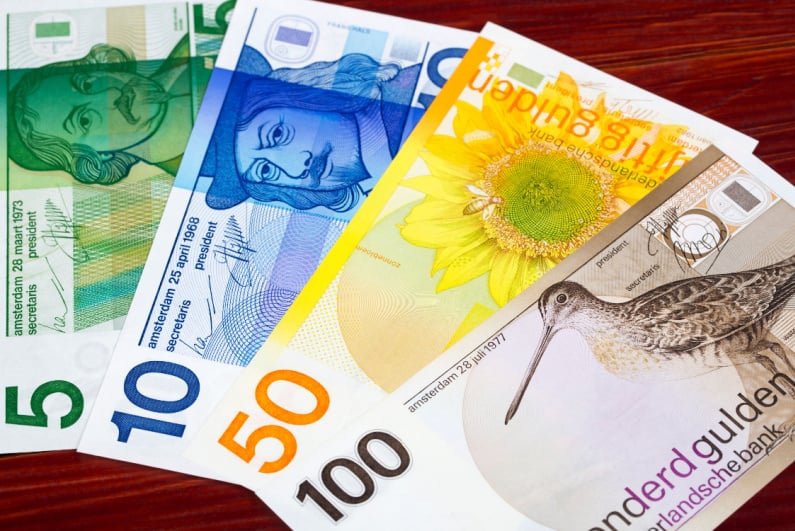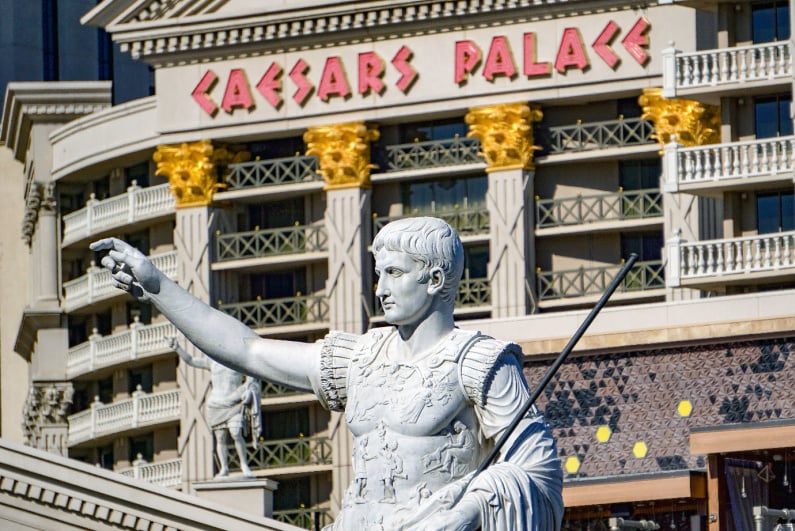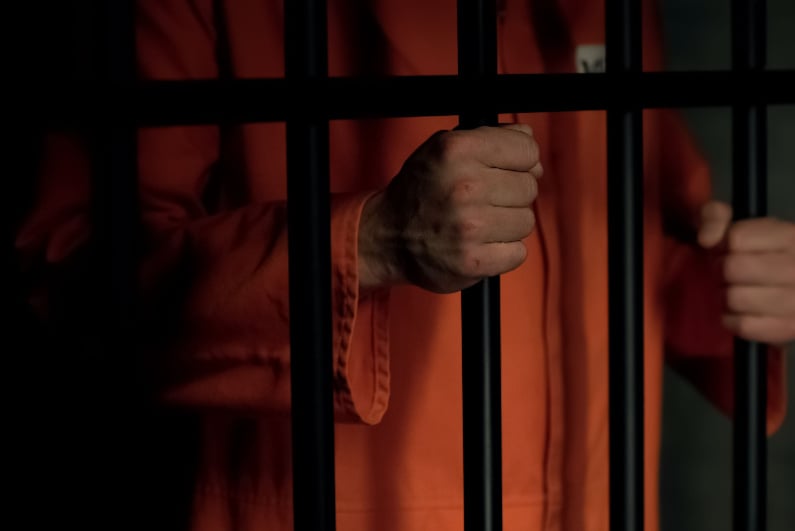
Top News Stories
Casino News
Crime
Most viewed articles
- The Rise and Rise of Simon Wilson
- Simon Wilson Pumps It Up at the Irish Poker Open
- Dara O’Kearney: End of an Era as “The Chip Race’s” Unibet Sponsorship Comes to an End
- Conman Tipster ‘Moosh’ Filmed Arguments With Sportsbook Staff Over Lifetime Ban
- Casino Refused to Pay Sports Betting Influencer’s $500k Win, Social Media Looking for Answers
- Deepfake Video of Apple CEO, UK Reporters Promoting Gambling App Prompts Probe
- Gambler Wins $2.9m Pai Gow Poker Jackpot at Caesars Palace With Seven-Card Straight Flush
- The MrBeast Experience at Resorts World Las Vegas Doomed to Fail Right From the Jump
- MGM Resorts Laying Off 200+ Contact Center Workers, Reports Suggest
- Top News Stories


